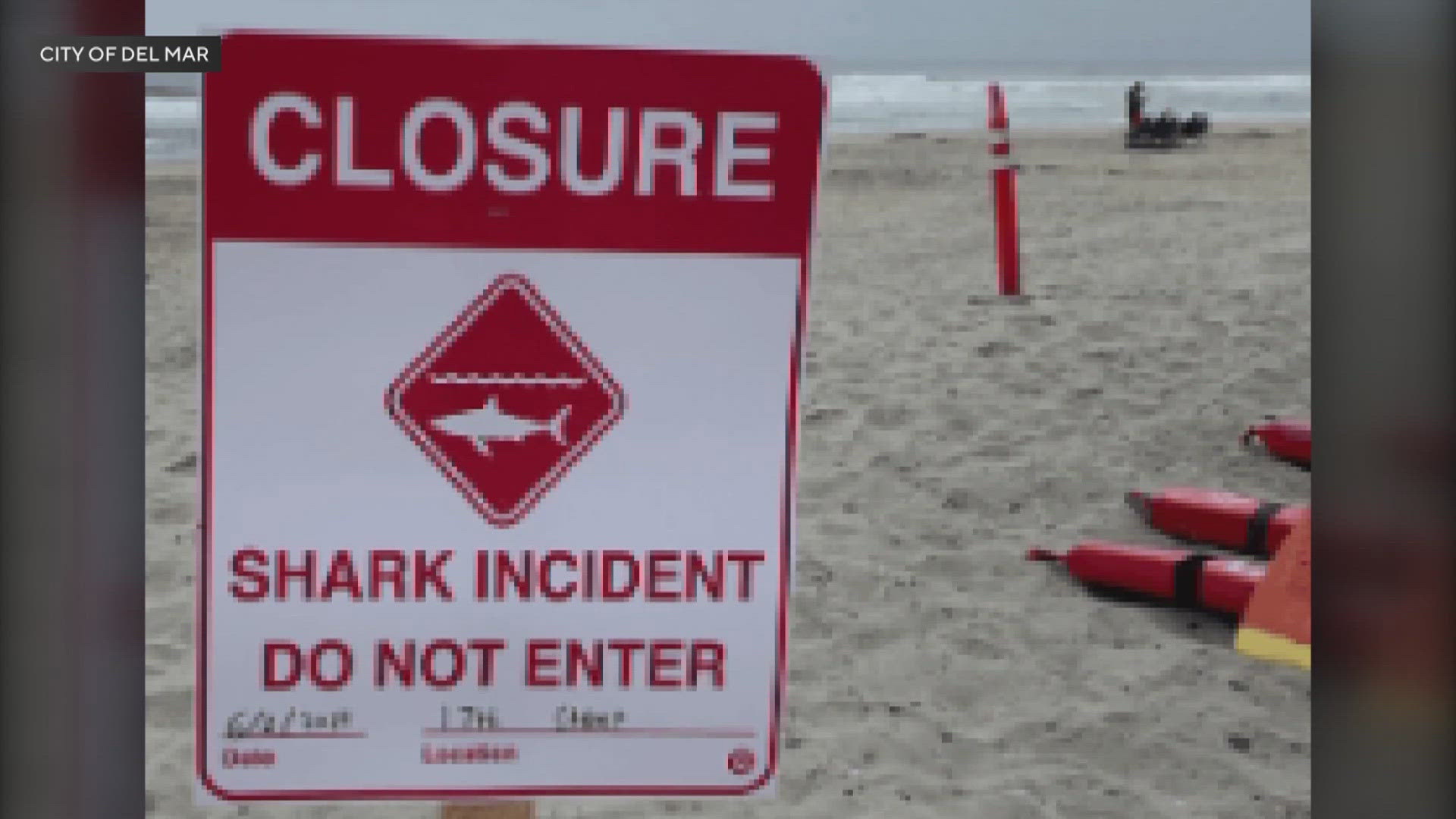NEW ORLEANS — Swimmers are being asked to stay alert after a series of shark attacks in Hawaii and Florida.
A shark seriously injured a woman off the coast of Oahu on Friday. The same day, two teenagers and a woman were attacked in separate incidents, just a few miles apart in the Florida panhandle.
The chances of being bitten by a shark or attacked by a shark are pretty rare. You're more likely to be hit by lightning.
"So the odds have been calculated of you being part of an unprovoked shark attack are greater than one in 11 million. So, a single attack is really, really rare," Tulane professor Dr. Tim Mclean said. "The sequence of events that we've seen just recently with three attacks in a very short period of time ratchets that up to even a higher level of rarity."
Dr. Mclean teaches a course called " Sharks and their relatives." He joined WWL Louisiana to explain shark behavior and how to avoid them.
Shark tips from Dr. Mclean
- Don't panic. Remain calm. If you start splashing around and making a lot of noise, you can actually attract its attention.
- If you see one, get out of the water as calmly as possible, walk backward or swim backward, and keep your eyes on the shark to know where it is.
- Don't get in the water with open wounds. If you have an open wound or bleeding, or even if you're menstruating, or if you walk into the ocean to urinate, for example, you are releasing chemicals into the water that sharks are able to smell. That could attract them to come to you.
Experts say that despite these recent incidents, sharks are not necessarily looking to bite humans.
"No interest in attacking us," Dr. Mclean said. "It's usually, if they do attack, it's a mistaken identity. They think you are something else that they do want to eat."
► Get breaking news from your neighborhood delivered directly to you by downloading the new FREE WWL-TV News app now in the IOS App Store or Google Play.

